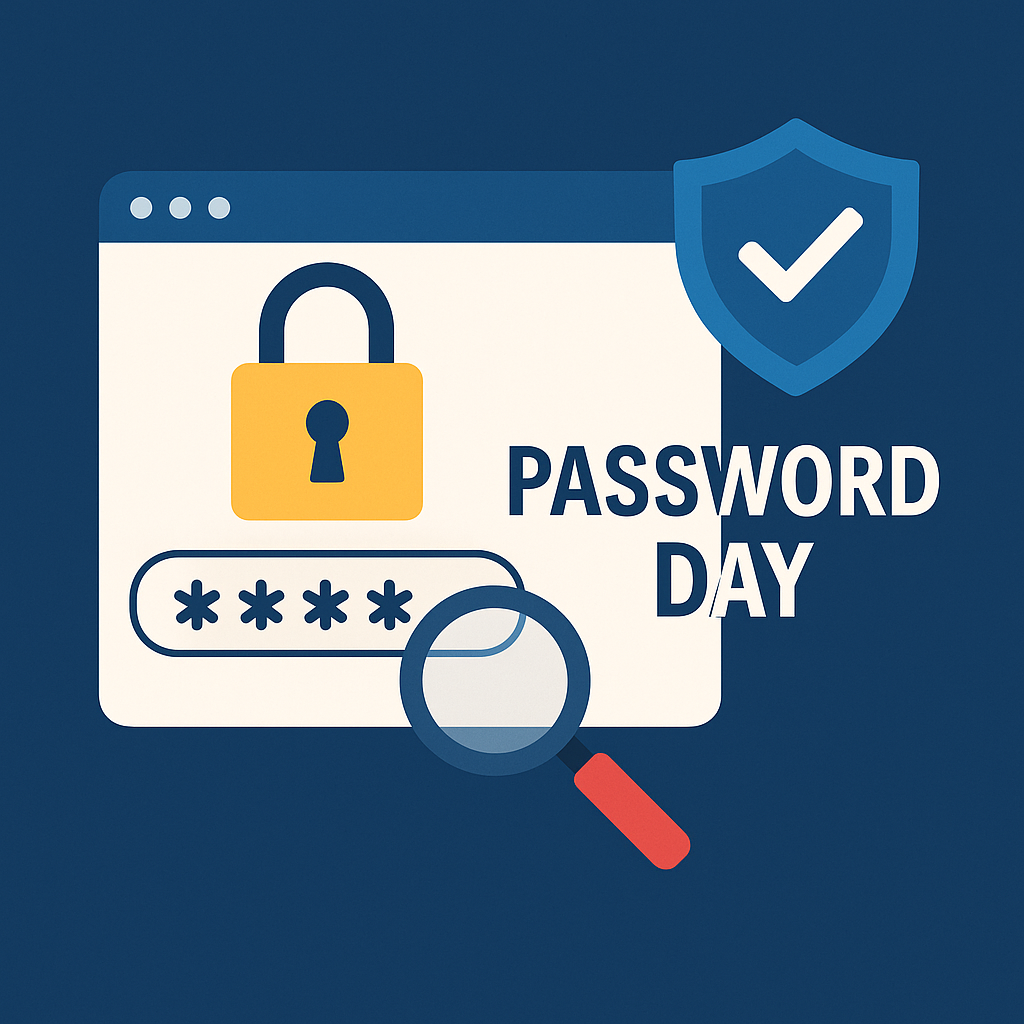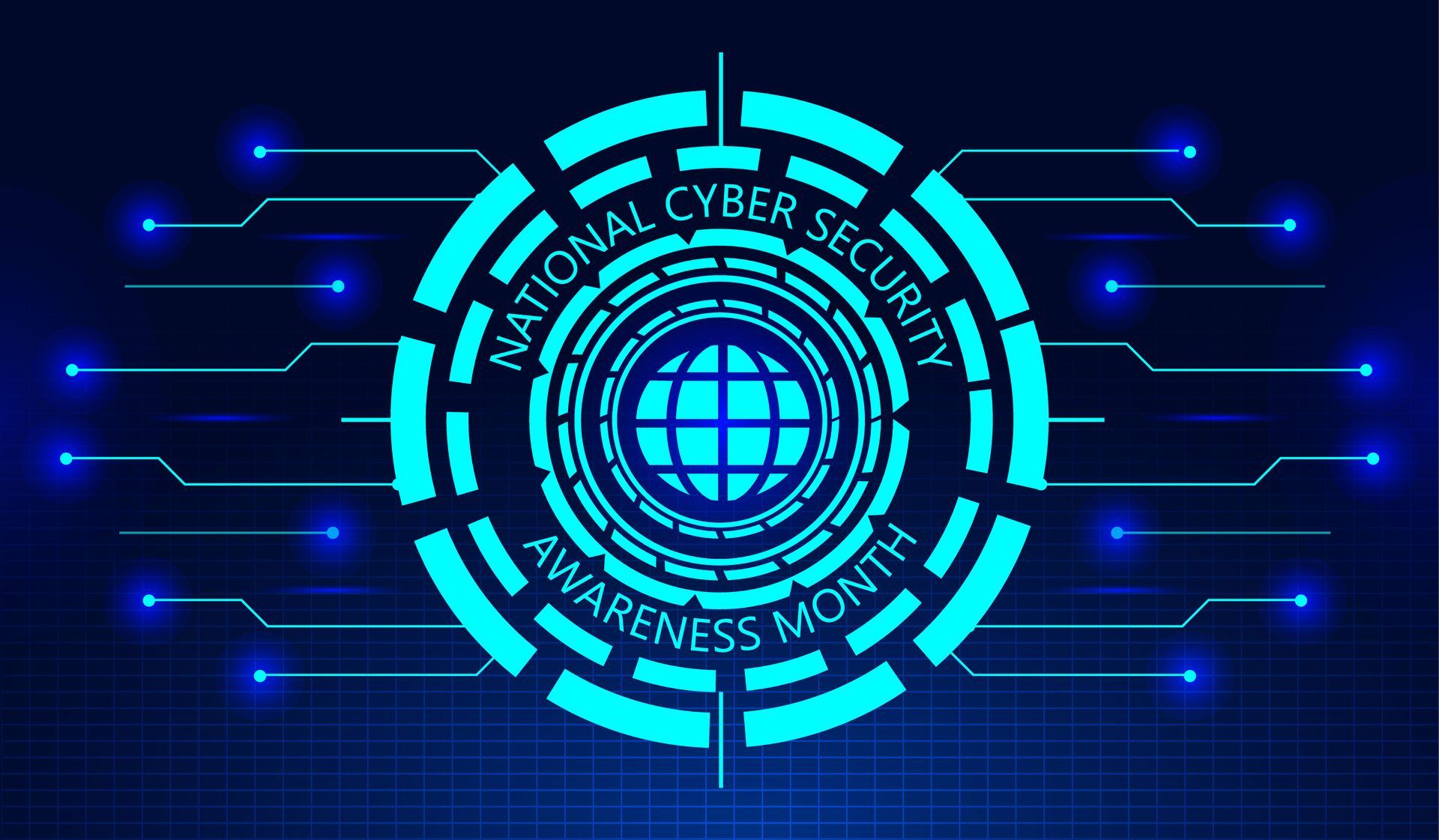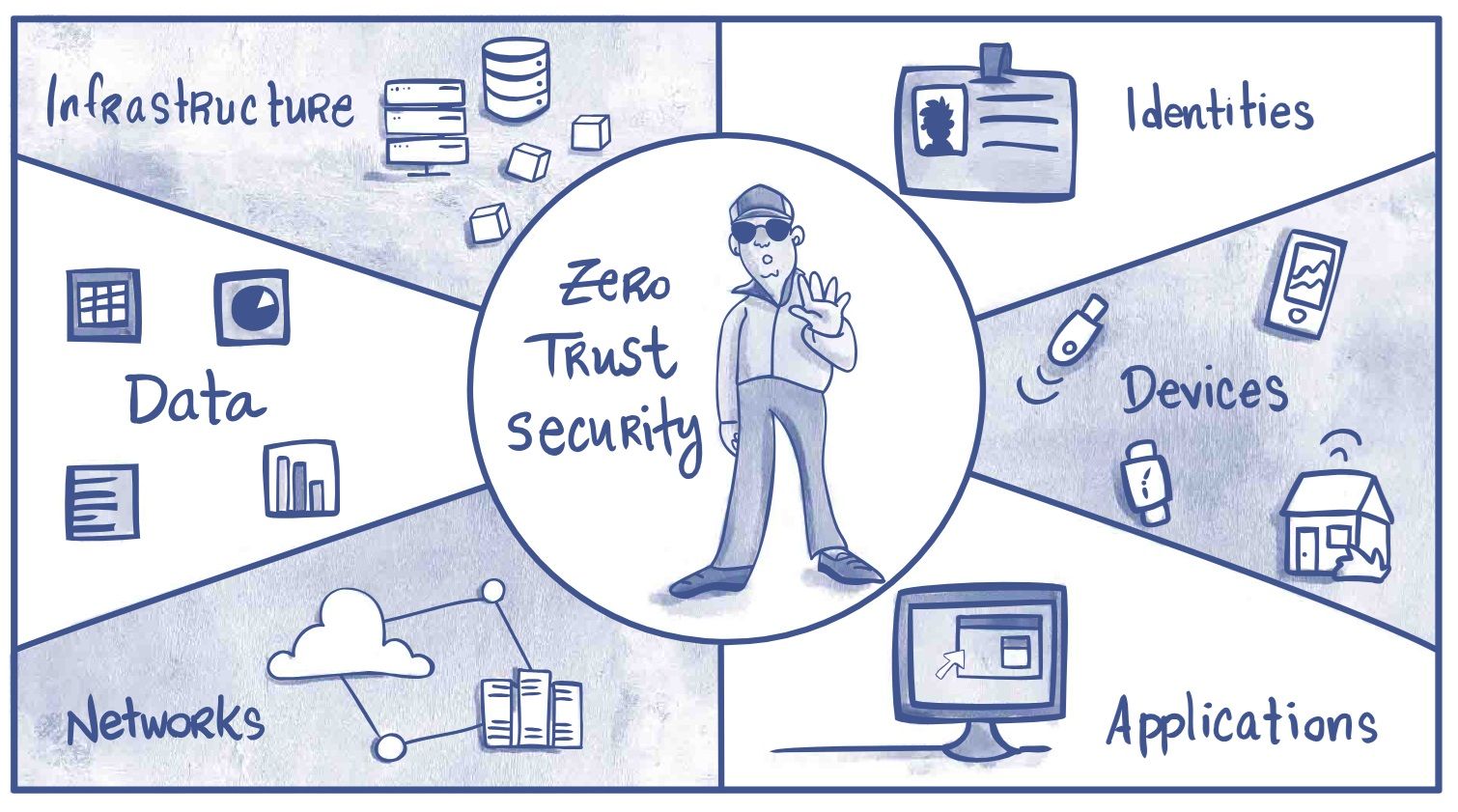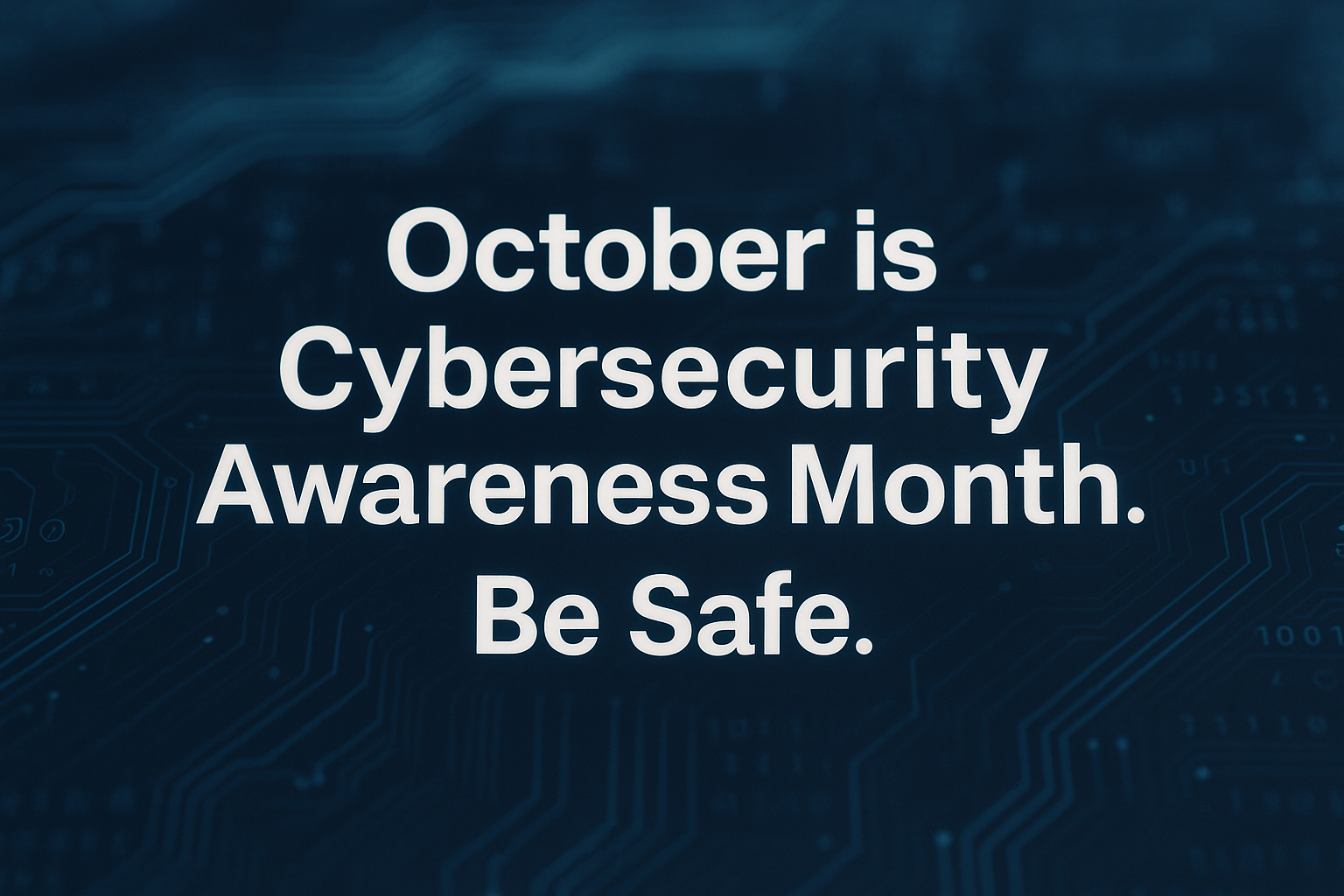10 Things Every Business Owner Should Know About Cybersecurity
10 Things Every Business Owner Should Know About Cybersecurity
Have you started your business execution plan for 2024? The last few months of the year can get hectic between trying to close out the end of the quarter strong and mapping out your plan to ramp things up in the new year. Cybersecurity planning is one area small business owners often skip over when creating their new year strategy. Cyber security is NOT an IT decision; it’s a business decision. Your company hinges on your ability to keep your data – and your clients’ – safe from cybercriminals.
To create a reliable plan for the next year, there are a few cyber security basics that every business owner needs to be aware of to avoid being the next victim of a data breach. Cyber issues are becoming so regular that it’s easy to become desensitized to the effects of data breaches, which can leave you vulnerable to an attack.
Here are 10 BIG takeaways about cyber security that you should keep in mind. Your security depends on it!
1. No business is too small.
Hackers love that small business owners think this way because it makes them an easy target. You are at risk if you have money or data of any size or amount.
Takeaway
– Protect your business and consult a cyber security expert on what you need.
2. Your employees are putting you at risk.
They are not likely to do it on purpose, but human error is the #1 issue with cybercrime. Whether a lousy link is clicked or a malicious attachment is downloaded, these minor “accidents” can create enormous problems for your business.
Takeaway
– Invest some of your team’s budget in cyber security training.
3. Software needs to be updated when you’re notified about it.
This is true for your web browsers, too. If you get a notification about an available update, it often means that a bug or a vulnerability needs to be patched. If you don’t patch it, that’s a little hole in your network that hackers can and will find.
Takeaway – Have your IT team run automatic updates and continually manually update if prompted.
4. Back up your data.
Disasters happen, whether natural, like a tornado or flood wiping out your office or a cybercriminal locking down your network and ransoming you to return it. Having a backup will allow you to reduce downtime and further damage to your business.
Takeaway
– Have an off-site backup and test it regularly to ensure it works properly.
5. Use a VPN when working outside of the office.
If you’re on vacation, working while traveling, or even working at the local coffee shop, connecting to public Wi-Fi can put you at risk. Hackers can break into unsecured Wi-Fi or set up fake ones, hoping you will connect to them.
Takeaway – Use a VPN, or virtual private network, to keep your network safe from hackers while on the go.
6. Data breaches are expensive.
The cost of data breaches puts most small companies that get hacked out of business within six months. These can range from hundreds of thousands to millions of dollars, depending on the damage done.
Takeaway – Invest in cyber security. Don’t play around and risk everything you worked hard to build.
7. Having cyber insurance doesn’t mean you’re covered if you’re hacked.
If you’re hacked, cyber insurance doesn’t automatically cover you. Insurance agents will check to ensure you’ve done everything you can to prevent the attack. If you haven’t, your claim could be denied.
Takeaway
– Read the fine print on cyber insurance policies and make sure you’re following all requirements.
8. Compliance doesn’t mean you’re secure.
Being compliant means you are fulfilling all the government’s requirements. This does not mean you are 100% secure; it means you have implemented the basics.
Takeaway
– Consult with a cyber security professional who deals with clients in your industry to ensure that you’re compliant and have the proper security systems in place to protect your organization.
9. Basic antivirus and firewalls are not enough.
These are helpful, but they aren’t enough to keep you secure. Hackers are routinely finding ways to break through this software, so you're at risk if you’re not implementing other security measures.
Takeaway
– Consult with a cyber security professional to determine your needs. It’s often not as expensive as people think and will cost WAY less if you ever become a data breach victim.
10. You’ll be the one who people hold accountable if you’re hacked.
When it comes to data breaches, whether you’re at fault or not, you’ll be the one to catch the blame from your customers, employees, attorneys, the media, and more, and it won’t be lovely.
Takeaway – You can prevent this by taking a proactive approach to cyber security.
Take your security seriously in 2024. We offer a FREE, no-obligation Security Assessment. Even if you already have a cyber security company you work with, it can’t hurt to have a second expert opinion to assess if and where you’re vulnerable to an attack.
We have limited spots available and expect to fill up before the holiday break, so if you’re interested, click here to book your assessment with our team now.

















